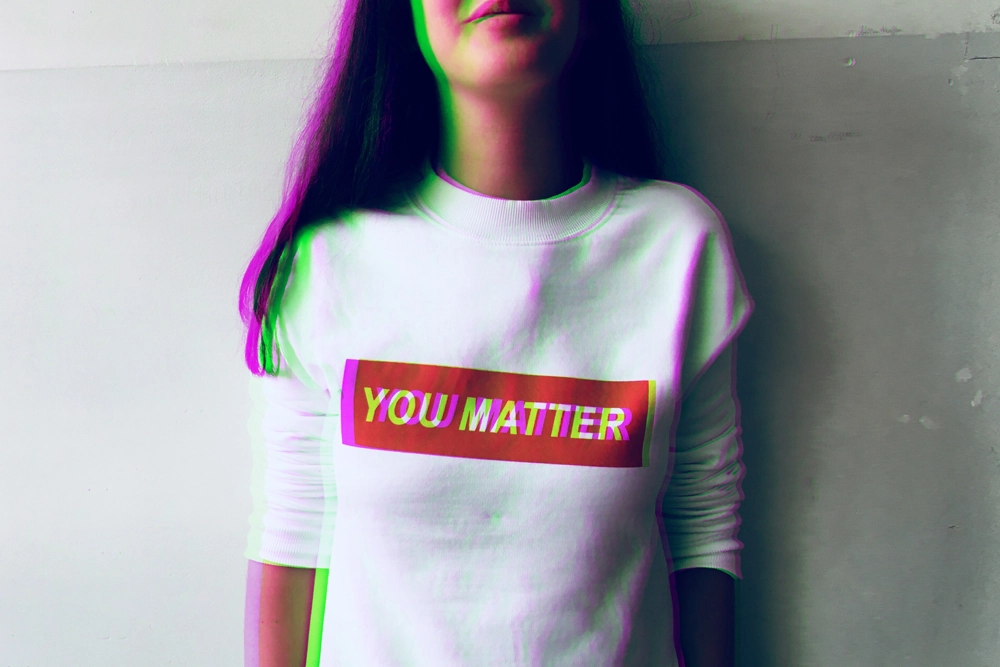In 2012 Airbnb was faced with what could have been a total disaster. Founded four years earlier with only a website and three air mattresses, Airbnb solved the growing need for a more personalized travel experience and the lack of hotel accommodations in more crowded cities.
However, in the early years, there were significant drawbacks in the business model. The biggest example was that if guests trashed a host’s home, there was no recourse, and homeowners were simply out of luck. This could have devastated the company’s reputation and cost them their business.
With several solutions possible, only one of them put themselves in an Airbnb host’s shoes. And that solution is the one that founder, Brian Chesky, implemented. They began offering a free $50,000 insurance policy to their hosts, which has since then become a $1 million “host guarantee.”
Undoubtedly, such an investment was risky. However, this enormously empathetic gesture gave their valued hosts the much-needed peace of mind and trust required to do business with them. Airbnb now offers more than 5 million places to stay in 191 countries in the world and is valued at $31 billion.
What could have been seen as merely a costly investment, this empathetic business decision turned out to be priceless. So what can businesses take away from Airbnb’s example of using empathy to fix a problem and increase profits?
EMPATHY IN BUSINESS IS MORE THAN BEING NICE
The dictionary defines empathy as “the ability to understand and share the feelings of another.” But in business, empathy is only understood through a company’s actions and not words.
In a research paper entitled, “Head vs. Heart: the Effect of Objective versus Feelings-Based Mental Imagery on New Product Creativity,” marketing professors Kelly Herd and Ravi Mehta demonstrate that thinking first as the consumer had a tremendous impact on the creativity of marketers. Aligning with the needs of the consumer from the heart as opposed to the head lead to more, what Herd and Mehta called, cognitive flexibility.
By connecting with the users’ emotions, this cognitive flexibility dramatically increased the ability to imagine more possibilities and solutions. This imaginative thinking is critical for engineering new products, designing effective marketing, building relationships with customers, and smoothly troubleshooting challenges much as Airbnb did.
The simple practice of taking a minute to imagine yourself in your customers’ shoes is as essential as having a website. But it’s impact may revolutionize your entire business.
REAL WORLD EMPATHY IN BUSINESS
Major brands are discovering that empathy is more than just being nice. It’s about building meaningful relationships with consumers that result in increased revenue. Take a look at how these three companies were ingeniously inspired to take empathy to the next level.
RYANAIR AIRLINES
Know better, do better – that’s precisely what budget airline Ryanair did. They were acquiring a lackluster reputation in customer service and it was showing in their revenue.
In response, they developed the Always Getting Better program. They began taking customer feedback to heart and ditched the policies customers didn’t like – like hidden fees and outdated luggage rules. Not only did Ryanair regain their customers’ trust, but they also reaped an increase in net profits as a result.
When you think of Facebook, empathy may not be the first thing that comes to mind. But what most don’t know is that the social media giant has built empathy into their engineering process by giving designers the ability to experience using the products themselves. This process provides engineers with insight into what customers need so they can more easily create products that serve them.
Facebook was the first social media network to surpass 1 billion users. They now have 2.38 billion active users and over 6 million advertisers on their network.
DOVE REAL BEAUTY
Empathy goes beyond customer satisfaction and product design. By connecting with the emotions of their audience, beauty brand Dove created the positively brilliant “real beauty” campaign that celebrates female beauty of all shapes, sizes, and ethnicities.
Since then, they have taken their now famous, positive self-image campaign to Instagram with posts that encourage uplifting engagement. Some posts invite users to tag a friend and compliment them or ask them to complete the phrase, “I feel beautiful when___.” This thoughtful approach not only leaves users feeling good about themselves, but Dove is continually strengthening relationships with current and potential customers.
They currently have 444k followers on Instagram and some videos that generate over 89k views.
EMPATHY AS A LONG-TERM BUSINESS STRATEGY
There should be no question that when brands use their heart to solve problems, from product development to customer service to digital marketing, it’s a major win for everyone. Businesses not only see results in greater profits and a trustworthy reputation, but customers get phenomenal experiences from a company that inspires their confidence and appreciation – and that’s irreplaceable.
Building on the insight from the innovative examples above, in what ways can you use empathy in your business to revolutionize your brand today?
Sources: https://academic.oup.com/jcr/article/46/1/36/5042225
Looking to stay on top of the latest industry trends? Check out our blog and follow us on Instagram and LinkedIn to stay in the loop on everything beverages.



